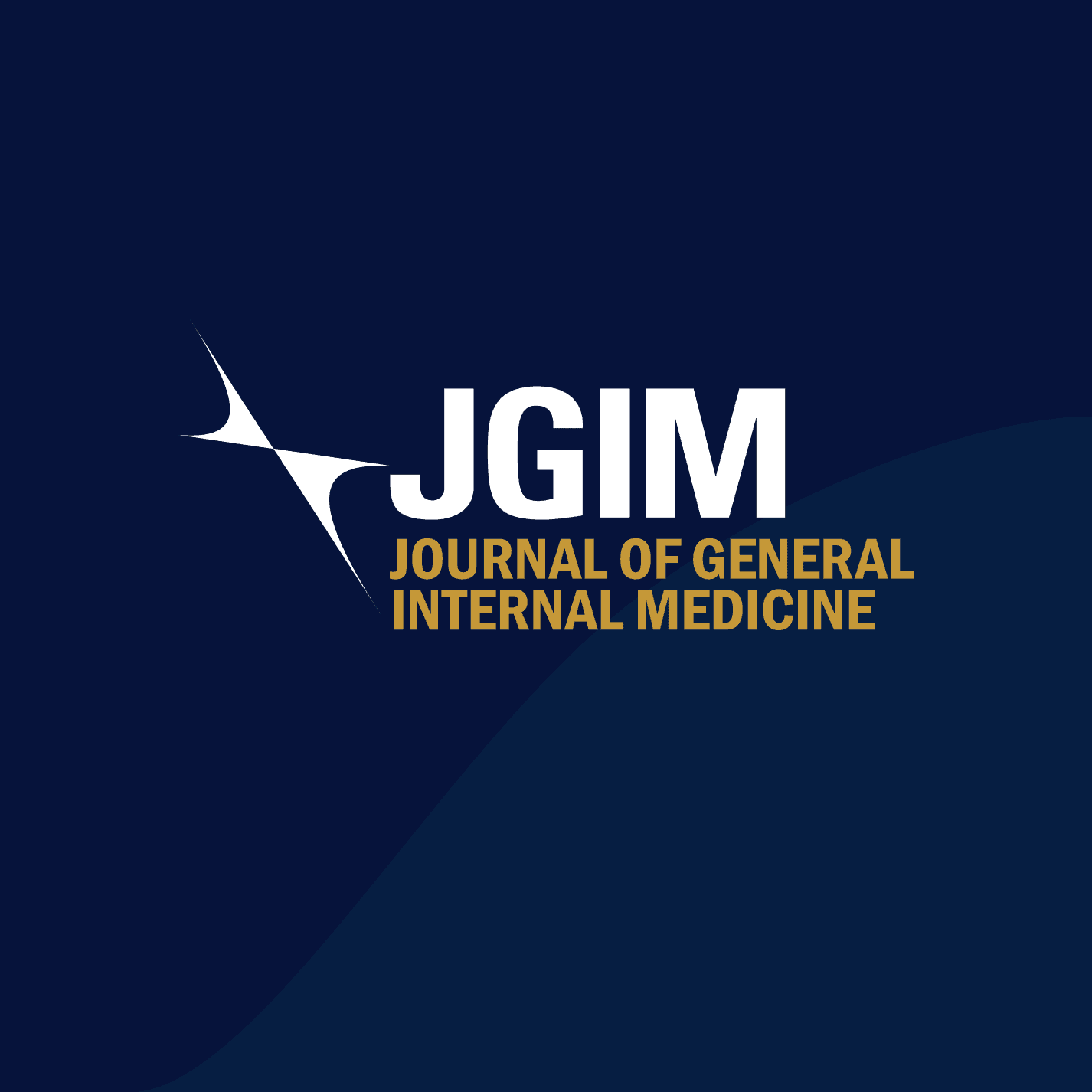Abstract
Background
International student exchanges are a significant part of medical education, and experiences of North American and European medical students abroad have been extensively examined. By contrast, knowledge of visiting medical students in the United States (US) is limited largely to surveys of administrators and course directors.
Objective
To understand US attending physicians’ thoughts on visiting international student clinical externships.
Design and Participants
Three clinician-educator physician focus groups were conducted across two US medical schools with broad representation of training backgrounds, clinical disciplines, and career stages. Focus groups and constant comparison analysis of transcripts were performed iteratively to identify emerging themes.
Main Measures
Qualitative themes and subthemes.
Key Results
Two main themes emerged from the data: (1) administrative requirements for success: hosting international students requires careful planning and coordination, which is daunting amidst demanding faculty responsibilities. Externships must address experiences of the people directly involved in the clinical setting, leadership, communication, and institutional, financial, physical, and personnel resources. (2) Impact of student qualities: When working with international students, the importance of administrative details and student characteristics increases due to higher student variability overall, inconsistent language and cultural fluency, and the consequent recognition of the student as an ambassador for their home institution and country.
Conclusions
Amidst already busy schedules, clinician educators identify the hosting of international medical students as a commitment resembling that for their own trainees. Linguistic and cultural distances, and the overall variability of international students amplify the importance of effective administration. The findings have influenced related processes at the University of Pittsburgh.
Topic
JGIM
Author Descriptions
Division of General Internal Medicine, University of Pittsburgh School of Medicine, Pittsburgh, PA, USA
Brian S. Heist MD, MSc & D. Michael Elnicki MD
Department of Medicine, University of Minnesota Medical School, Minneapolis, MN, USA
Haruka Matsubara Torok MD, MSc
Share
Related Articles
Perspectives of In-Hospital Intramuscular Naltrexone and Oral Medications for Alcohol Use Disorder: A Study of Addiction Clinicians and Hospitalized Patients
Abstract Background Alcohol-related hospitalizations are rising; however, medications for alcohol use disorder…
Beyond Workarounds: Enhancing Education, Care, and Wellness on Inpatient Medicine Rotations—A Multicenter Qualitative Study
Abstract Background Inpatient medicine rotations (IMRs) aim to deliver exceptional clinical education…


